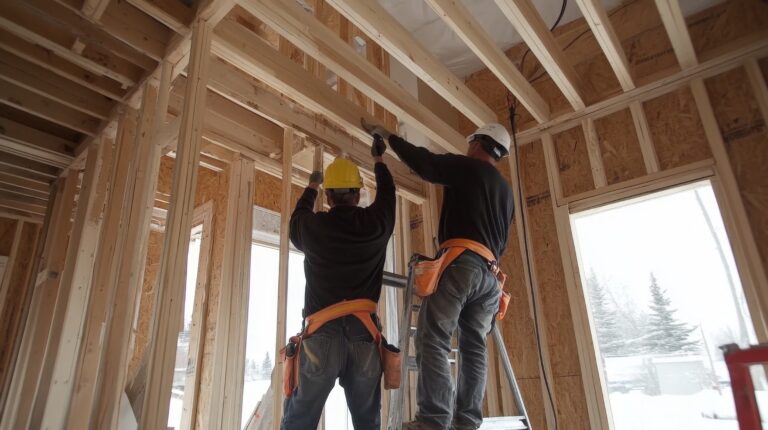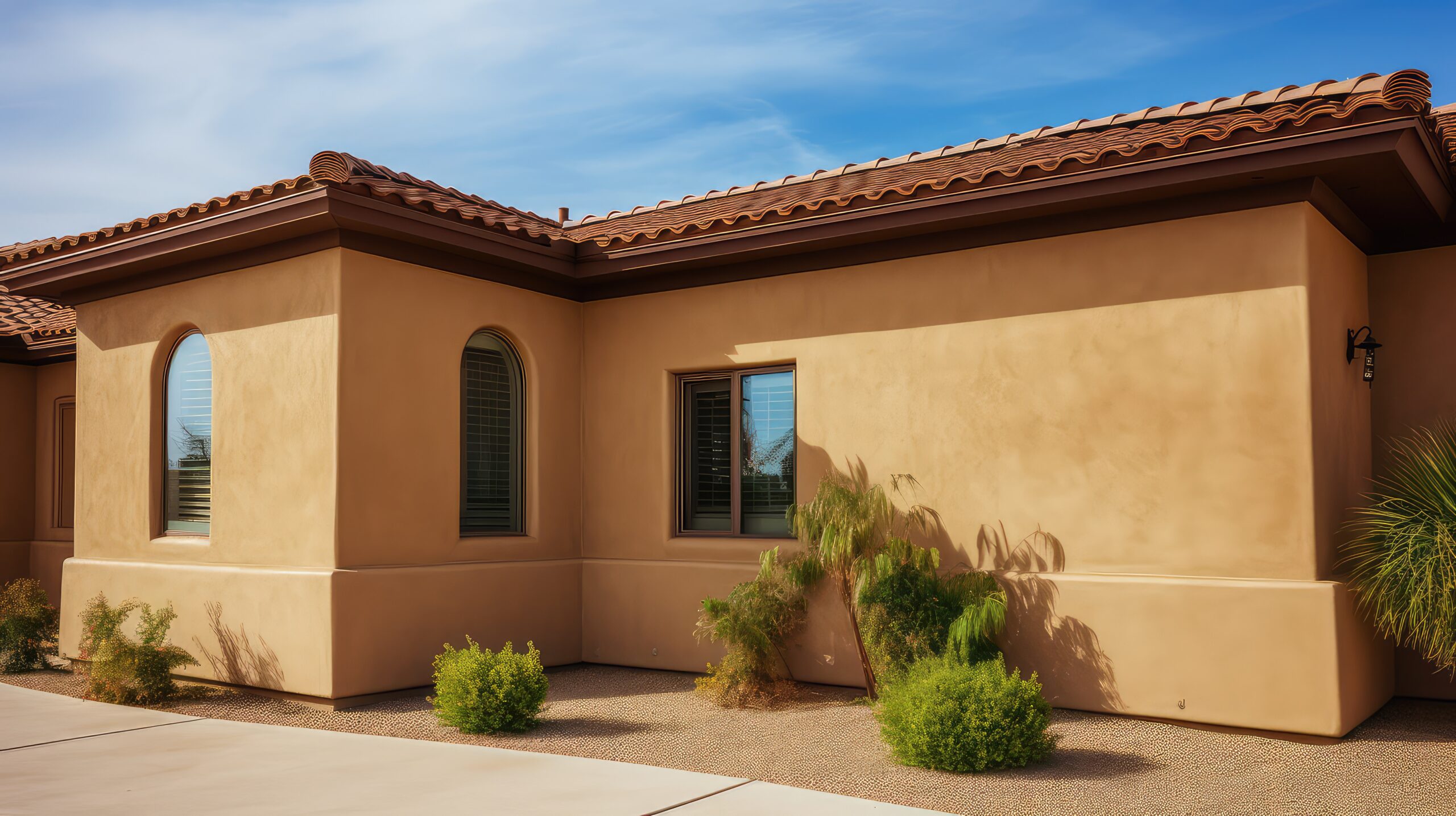Tiny homes are steadily establishing a unique presence in Tucson and the surrounding areas, thanks to their minimalist approach to living—fewer square feet, reduced household costs, and lower environmental impact—makes them appealing to a wide variety of residents. More than just a trend for individuals who enjoy simplicity, tiny homes also bring considerable social and economic benefits to the communities that welcome them. By offering housing that is often more affordable and versatile, they can enrich neighborhoods in tangible ways, fostering a sense of collective growth and engagement.
Expanding Housing Options in Tucson
Tucson’s housing market has experienced fluctuations in availability and pricing, leading some residents to seek creative housing solutions. Tiny homes can help bridge this gap by increasing the overall housing inventory—allowing people of varying incomes and backgrounds to find a comfortable place to live. Housing affordability is a significant concern in many metropolitan areas, including Tucson. Tiny homes present an attractive alternative due to their typically lower construction and maintenance costs.
Additionally, tiny homes make sense in areas where population density has progressively risen. As space becomes more limited, these compact dwellings can fit into lots that might be too small for standard residential development. The localized distribution of tiny homes across different neighborhoods helps ensure that people can live closer to their jobs and essential services, reducing the need for long commutes and easing roadway congestion.
Stimulating Local Economies
By creating demand for specialized services—such as custom design, eco-friendly materials, and unique interior furnishings—tiny homes can bolster local businesses. Contractors, artisans, and other professionals who cater to tiny home construction often rely heavily on locally sourced materials to reduce costs and environmental impact. These economic networks ripple outward to support hardware stores, property maintenance teams, and even home décor shops.
Moreover, tiny homes can encourage tourism opportunities by supporting unique short-term rentals for travelers who appreciate an alternative stay experience. When tourists spend on local lodging, dining, and entertainment, they inject revenue directly into Tucson’s economy. Local tourism spending can positively influence job creation and municipal revenues, suggesting that any influx of visitors—tiny-home-related or otherwise—can contribute to broader economic stability.
Strengthening Community Connections
Tiny homes offer an inclusive atmosphere that fosters neighborly interactions and shared resources. Because residents live in closer proximity, they naturally engage in cooperative activities such as gardening undertakings or community events. These collective efforts spark deeper bonds among neighbors, fortifying social ties that benefit mental well-being and local pride.
In Tucson and surrounding areas, such tight-knit environments can lead to initiatives that enhance local safety and culture. Community-driven programs—like recycling projects, carpool arrangements, or resource-sharing systems—are more likely to find enthusiastic participation from tiny home dwellers who are accustomed to collaborating within compact, communal spaces.
Encouraging Environmental Stewardship
Smaller square footage often translates to reduced energy consumption. Tiny homes typically require less electricity for heating, cooling, and lighting, making them an appealing option for those looking to adopt more sustainable living practices. By using eco-friendly materials—such as reclaimed wood or composite siding—and incorporating efficient design elements like solar panels and rainwater collection systems, tiny homes lessen their environmental footprint. This approach benefits not just individuals but also local ecosystems and wildlife by conserving resources and reducing pollution.
Organizations focused on environmental conservation emphasize the importance of lowering residential carbon emissions for long-term sustainability. When future developments incorporate features seen in tiny home construction, the positive impact can extend to entire neighborhoods and municipalities.
Fostering Community Engagement and Growth
The rising popularity of tiny homes has created new opportunities for neighborhood revitalization. Counties and cities that embrace tiny homes often see new communities forming around these compact residences. Many tiny home owners are also community-driven entrepreneurs—individuals who open local businesses, champion charity events, or spearhead educational workshops.
By channeling this entrepreneurial spirit into Tucson’s growing neighborhoods, tiny-home residents can catalyze partnerships with cultural institutions, nonprofit organizations, and volunteer networks. This synergy leads to more extensive local arts programs, youth mentorship initiatives, and other public-centered services. These collaborations serve as valuable stepping stones toward a more vibrant community identity—one that reflects the inclusive and forward-thinking ethos of the tiny house movement.
Moving Forward
As Tucson continues to evolve, tiny homes can serve as a powerful tool for addressing housing affordability, promoting social connections, and driving economic development. The compact footprint, versatile design, and eco-friendly focus of these dwellings align with the region’s goal of sustainable growth. Over time, they will likely expand beyond niche interest and become a recognized mainstay in local real estate, providing relief for residents looking for a cost-effective and community-minded lifestyle.
If you’re eager to learn more about building or owning a tiny home in Tucson, visit our main website and explore the different designs and services we offer. Contact us today to ask questions and connect with our experienced team. Discover how tiny homes could be the key to enjoying a fulfilling lifestyle that benefits you, your neighbors, and the broader Tucson community.


